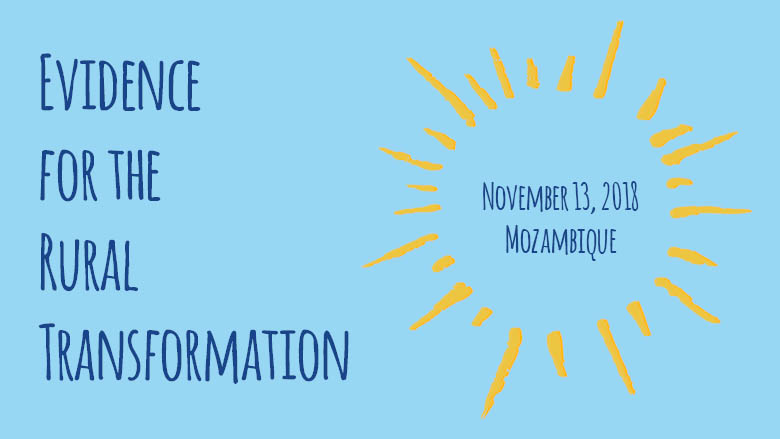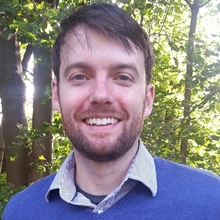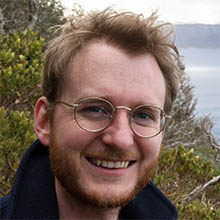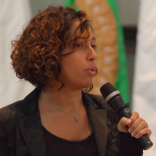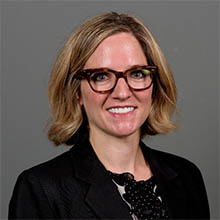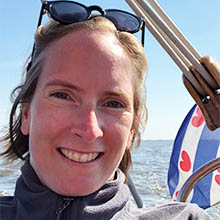DIME and the World Bank Mozambique country office will jointly host the workshop “Evidence for the Rural Transformation” on November 13th in Maputo.
DIME’s engagement in Mozambique dates back to 2009 and has grown from a single project evaluation to a wide rural transformation agenda looking at various strategies to relieve the numerous constraints faced by farmers. Topics range from addressing the sustainability of rural infrastructure investments to facilitating access to markets.
During the one-day event the team will present evidence from across the DIME Agriculture (AADAPT) program and take stock of the Mozambique results and ongoing work. Presentations will focus on three main topics:
- Sustainable rural infrastructure investment
- Technology adoption
- Commercialization and markets
Participants will include various stakeholders in the agriculture and rural development sector such as government, donors and researchers. Throughout the day, participants will be invited to reflect on the evidence presented and share ideas on what the big questions are for the sector in Mozambique to help guide the development of the next set of evaluations undertaken.
For questions about the event or the Mozambique Impact Evaluation program please contact Astrid Zwager, azwager@worldbank.org

